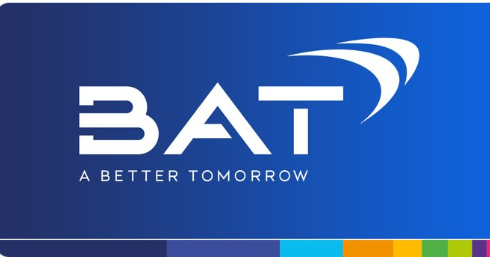Meanwhile, in the midst of (and perhaps in response to) the criticism and disdain that all tobacco giants are rightly faced with, BAT is striving to promote itself as working to advance sustainable agriculture practices in the aim of contributing to a “A Better Tomorrow.” Joining over 300 businesses in signing Business for Nature’s call to protect and restore biodiversity ahead of the COP-15 UN Biodiversity Conference, the tobacco company aimed to prove its commitment in protecting biodiversity.
“At BAT we are committed to protecting biodiversity. Last year, we signed up to Business for Nature’s initial call to action for policies to reverse nature loss, and we are now showing our support for mandatory reporting.
BAT says it wants to enforce sustainable agriculture practices
Creating a level playing field for businesses, increasing accountability to investors and consumers, and empowering local communities are only a few of the benefits. We will continue to advance sustainable agriculture practices, while reporting on our progress, as part of our purpose to build A Better Tomorrow™,” said Mike Nightingale, Chief Sustainability Officer at BAT.
A media release by BAT revealed that the company has committed to achieving “the following afforestation and biodiversity goals:
- No gross deforestation of primary native forests
- Net zero deforestation of managed forests in our supply chain by 2025 and
- Net positive impact on forests in our tobacco leaf supply chain by 2025”
Last year, BAT announced the plans and actions it aims to take in order to reach its climate targets. Part of the plan includes reducing emissions by half across its value chain by 2030, with 2020 as baseline, and with the aim of reaching net zero by 2050. The publication of the plan followed obtaining approval of its 1.5ºC-aligned trajectory in July 2022, from the Science Based Targets initiative (SBTi).
BAT’s Chief Growth Officer, Kingsley Wheaton, said that this latest plan is part of the tobacco company’s commitment to demonstrate that it wants to contribute to a sustainable future. “We’re proud to take this latest step in our sustainability journey. By outlining the measures we will take to live up to our Net Zero targets through our Low-Carbon Transition Plan, we’re demonstrating our continuing commitment to building A Better Tomorrow.”
Earlier this month the tobacco giant reported half-year results indicating that its number of non-combustible products grew by 1.5m, with its half-year profit reaching £5.94bn. “We are now close to breakeven,” said CEO Tadeu Marroco. He added that revenue from non-combustibles now makes up 16.6% of group revenue. However, he said, while vape and oral products are performing well, more attention needs to be given to the heated tobacco sector.
PMK launches new heated tobacco device
In other news, earlier this year the South Korean division of BAT’s main competitor Philip Morris, said that Iqos Iluma One was be released on the market. PMK managing director Paik Young-Jay, highlighted that the new model is most characterized by its all-in-one design. He went on to mention the fact that the device is simpler to use than its previous models such as Iqos Iluma and Iqos Iluma Prime.
Moreover, the new design is also approximately 50% and 30% cheaper than Iqos Iluma and Iqos Iluma Prime respectively, whilst like other Iqos models, the Iqos Iluma One also equipped with a ‘Smartcore Induction Technology.’ This means that the device does not need tobacco sticks to be inserted into the blades, hence eliminating the need to clean it. And just like existing Iqos models, added Paik, the new product reduces the levels of toxicants by 95% when compared to traditional cigarettes.
BAT’s Vape Division is Expecting to Turn a Profit Earlier Than Predicted












